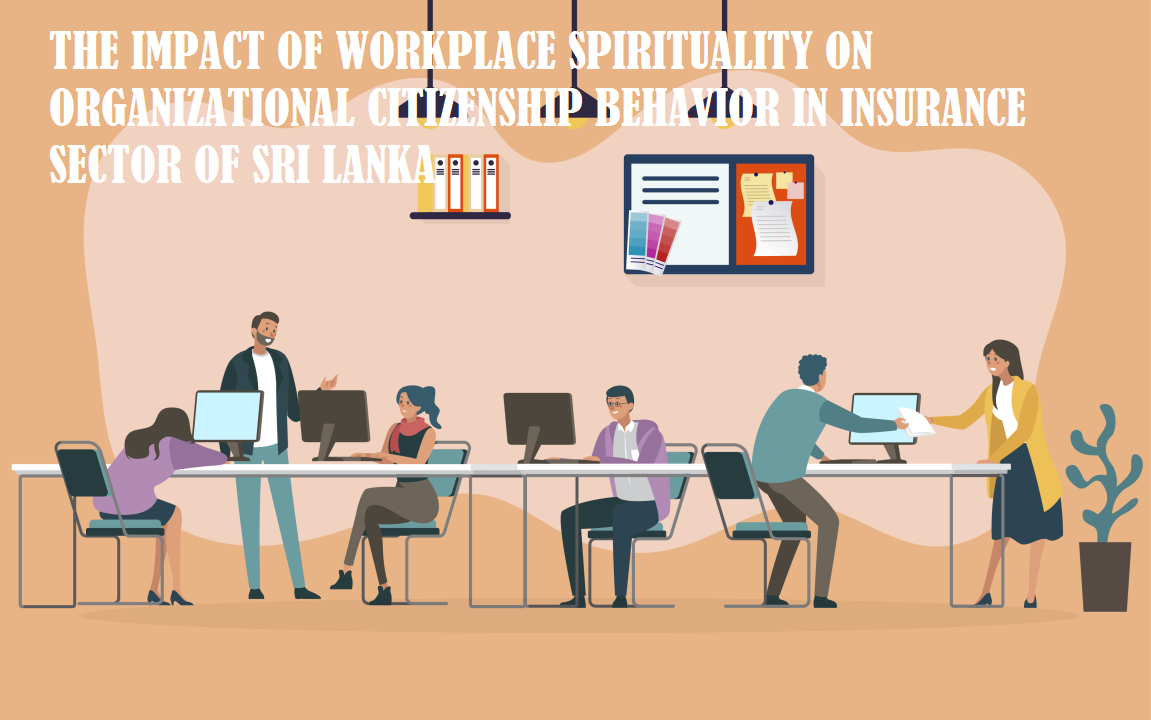| Table of Contents |
1 CHAPTER ONE
01. INTRODUCTION
1.1 Background of the study
1.2 Research problem identification
1.2.1 Problem Justification
1.3 Research objectives
1.3.1 General objectives
1.3.2 Specific objectives
1.4 Research questions
1.4.1 General question
1.4.2 Specific questions
1.5 Significance of the Study
1.5.1 Academic significance
1.5.2 Practical significance
1.6 Methodological overview
1.7 Limitations of the study
1.8 Chapter outline
2 CHAPTER TWO
02. LITERATURE REVIEW
2.1 Introduction
2.2 Workplace spirituality
2.2.1 Meaningful work
2.2.2 Sense of community
2.2.3 Alignment with organizational values.
2.3 Organizational citizenship behavior
2.3.1 Courtesy
2.3.2 Altruism
2.3.3 Conscientiousness
2.3.4 Civic virtue
2.3.5 Sportsmanship
2.4 Relationship between workplace spirituality and Organizational citizenship behavior
3 CHAPTER THREE
03. RESEARCH METHODOLOGY
3.1 Introduction
3.2 Conceptual Framework
3.3 Hypotheses Development
3.4 Operationalization
3.5 Research design
3.5.1 Research philosophy
3.5.2 Research approach
3.5.3 Research method
3.5.4 Research strategy
3.5.5 Data collection
3.5.6 Population and sampling
3.5.7 Data Analysis Techniques
4 CHAPTER FOUR
04. DATA ANALYSIS AND RESULTS PRESENTATION
4.1 Introduction
4.2 Personal Information
4.2.1 Gender
4.2.2 Marital status
4.2.3 Age
4.2.4 Education Qualifications
4.2.5 Length of services
4.3 Analysis of Reliability
4.4 Analysis of Validity
4.5 Descriptive Statistics
4.6 Pearson’s Correlation analysis
4.7 Simple Regression Analysis
4.8 Multiple Regression Analysis
4.9 Chapter Summary
5 CHAPTER FIVE
CONCLUSION AND RECOMMENDATION
5.1 Chapter Introduction
5.2 Discussion
5.2.1 To examine the impact of Workplace Spirituality on OCB
5.2.2 To examine the impact of sense of community on OCB
5.2.3 To examine the impact of meaningful work on OCB
5.2.4 To examine the impact of Alignment of values on OCB
5.3 Conclusion
5.4 Future Directions
5.5 Recommendation
5.5.1 Sense of Community
5.5.2 Meaningful Work
5.5.3 Alignment of Values
5.6 Limitations of the study
6 References
7. Bibliography
7 Appendices
7.1 Appendix 01 – Questionnaire
|
| Preview |
1 CHAPTER ONE
01. INTRODUCTION
1.1 Background of the study
Sri Lankan insurance sector is a highly competitive sector which companies try to attract and retain top talents. However, it is always a massive challenge to attract and retain top talents. When companies hire employees, companies expect certain voluntary behavior and conducts instead of roles and responsibilities which are mentioned in job description. Companies consider that employees have the readiness and capability to exceed the implicit and explicit expectations of the job role. Similarly, employees should aware that sometimes they must voluntarily undertake tasks, duties and responsibilities outside of the scope of job description in order to achieve the duties. This is referred as “Organizational Citizenship Behavior” (OCB) in the business world (Thiagarajan, Yabesh, & Durairaj, 2017).
According to Sharma (2015), OCB is highly significant to achieve and sustain competitive advantage. It leads to increase customer satisfaction, productivity, efficiency and reduce the cost (Sharma, 2015). Further, it is necessary to adjust the strategies utilized to maintain the competitive advantage with the strategies utilized to maintain OCB within the organization’s work force (Sharma, 2015). However, more often than not, employees are pressurized to be good organizational citizens (Mark & Anthony, 2017). Therefore, companies need to improve the working environment to encourage employees to go beyond the call of duty.
Workplace spirituality is a modern concept which has evolved a new paradigm in human resource management. Workplace spirituality means acknowledging that each person has an inner and outer life and that an inspired inner life results in an effective outer life (Ashmos & Duchon, 2000). Companies are keen to implement spiritual driven concepts and principles since modern day employees are enthusiastic in sharing their core spiritual philosophies, values and beliefs at workplace. Workplace spirituality can be used to comprehend the conduct of an employee exhibits at work (Genty, Fapohunda, Jayeoba, & Azeez, 2017). Thus, according to Robbins and Judges (2009), being properly informed on workplace spirituality is highly important since it enables management to understand the behaviors of modern day employees. Specially, it is important for service sector such as insurance sector which soft skills of employees are more vital than hard skills.
1.2 Research problem identification
Even though, there are many researches which study on OCB, impact of workplace spirituality on OCB is not investigated enough. Further, available studies provide contradictory findings. Charoensukmongkol, Daniel, & Jardon, (2015) revealed that there is positive correlation between workplace spiritualty and OCB while, Kazemipour & Mohd Amin (2012) found that workplace spirituality does not significantly affect OCB. Work spirituality is linked with higher level of accomplishment in both personal and organizational context (Habeeb, 2019). Many studies which have been conducted in regard spirituality assessed it at individual context rather than organizational context. Therefore, there is a gap of literature in regard the impact of workplace spirituality on OCB. Further, there is not enough studies in Sri Lanka to identify the relationship between workplace spiritualty and organizational citizenship. There is no research conducted on this subject in regards insurance sector in Sri Lanka.
1.2.1 Problem Justification
Academics have extensively discussed the advantages of workplace spirituality and its effects on individual outcomes. The relationship between workplace spirituality and OCB has been studied in the past, but further research is needed. Individual spirituality indirectly affects OCB through the three psychological states of thankfulness, sensitivity to needs, and intolerance for injustice (Habeeb, 2019). The majority of earlier research focused on the connection between OCB and individual religiosity. Prior research has discovered a significant connection between personal commitment and spirituality (Ahmadi et al, 2014). Additionally, studies does not concentrate on how job satisfaction brought by workplace spirituality can specifically affect OCB. Therefore, this study will help to close above identified knowledge gap.
Further, insurance sector in Sri Lanka experience higher level of employee turnover (Manodara & Herath, 2020). Various environment factors, job related factors and organization related factors lead to this situation (Manodara & Herath, 2020). Therefore, it is important to focus on factors such as workplace and OCB to identify the ways to improve working environment of employees in insurance sector.
1.3 Research objectives
1.3.1 General objectives
The general objective of the study is to investigate the impact of workplace spirituality on organizational citizenship behavior of employees of insurance sector in Sri Lanka.
1.3.2 Specific objectives
1. To determine the related factors of workplace spirituality influence on organizational citizenship
2. To examine how workplace spirituality impact on organizational citizenship behavior of employees of insurance sector in Sri Lanka.
3. To identify the strategies to develop workplace spirituality developing organizational citizenship of insurance sector in Sri Lanka.
1.4 Research questions
1.4.1 General question
What is the impact of workplace spirituality on organizational citizenship behavior of employees in Insurance sector in Sri Lanka?
1.4.2 Specific questions
1) What are the related factors of workplace spirituality influence on organizational citizenship?
2) How workplace spirituality impact on organizational citizenship behavior of employees of insurance sector in Sri Lanka?
3) What are the strategies to develop workplace spirituality developing organizational citizenship of insurance sector in Sri Lanka?
|





